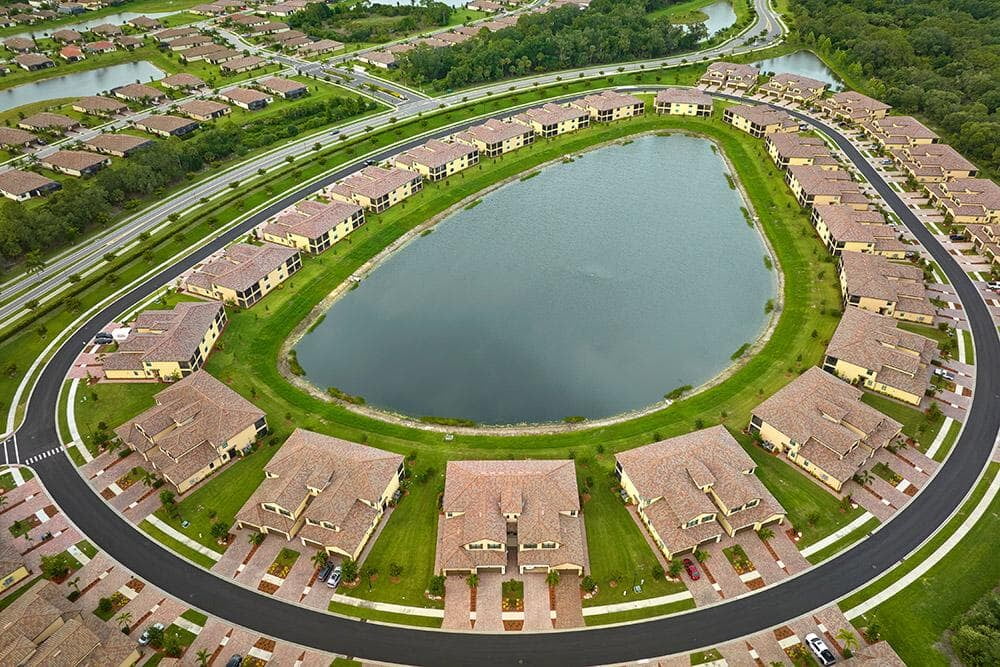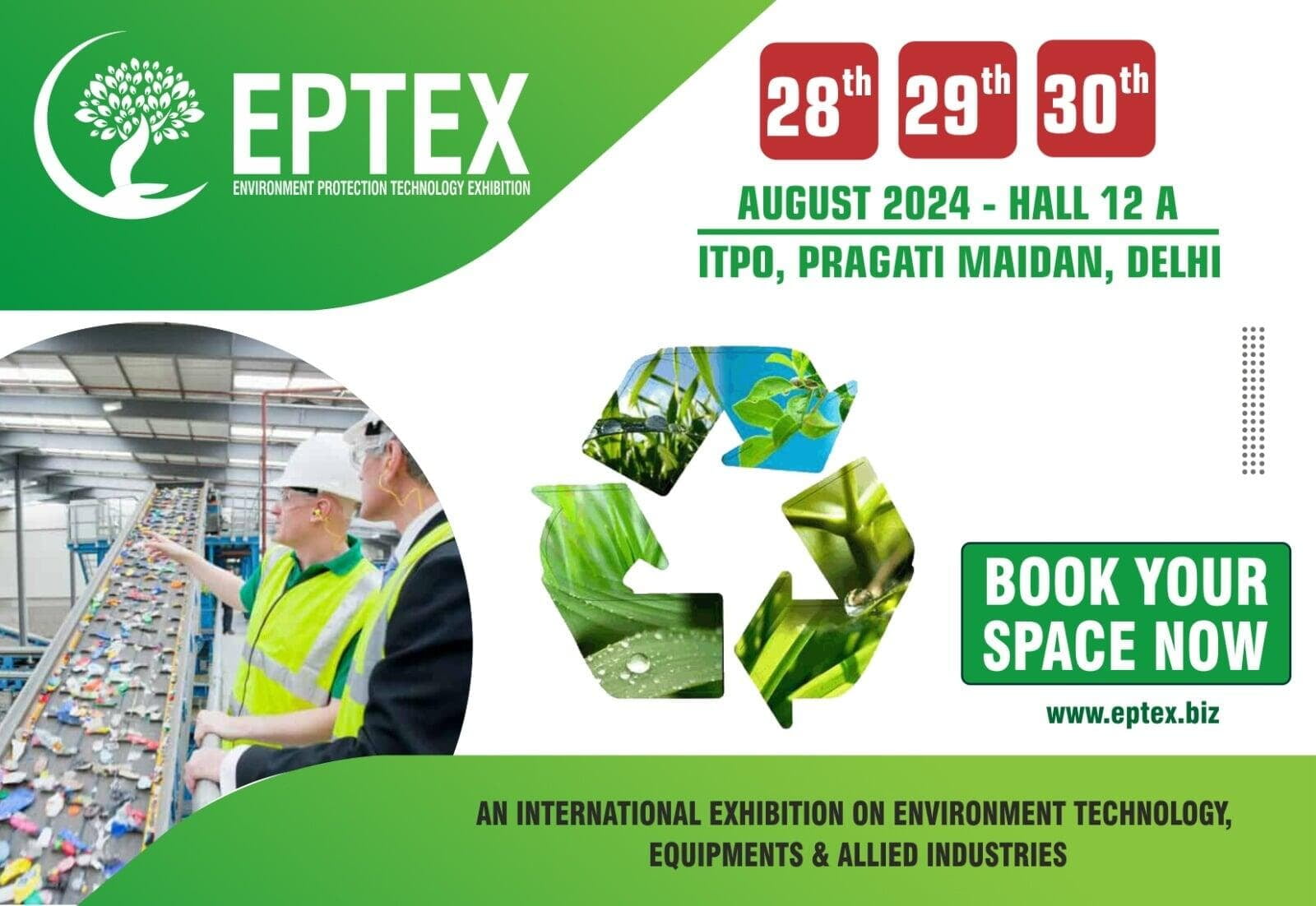Stormwater management is a crucial aspect of urban planning and environmental protection. As urban areas expand, the need for effective stormwater management systems becomes increasingly critical. This blog explores the significance of stormwater management and its numerous advantages.
Understanding Stormwater Management
Stormwater management refers to the strategies and systems used to manage surface runoff resulting from rain or snowmelt. In natural landscapes, this water is absorbed by soil, taken up by plants, and eventually percolates into groundwater. However, in urban environments, impervious surfaces like roads, buildings, and parking lots prevent natural absorption, leading to increased runoff and potential flooding.
Effective stormwater management systems are designed to:
Effective stormwater management systems are designed to:
- Control flooding
- Protect water quality
- Preserve natural water resources
- Enhance urban aesthetics and livability
Components of Stormwater Management Systems
Components of Stormwater Management Systems
1. Retention and Detention Basins:
- Retention basins hold water indefinitely, allowing it to slowly infiltrate into the ground.
- Detention basins temporarily store water, releasing it at a controlled rate to prevent flooding downstream.
- Green roofs: Vegetative layers on rooftops that absorb rainwater and reduce runoff.
- Rain gardens: Shallow, planted areas that capture and infiltrate stormwater.
- Permeable pavements: Surfaces that allow water to seep through, reducing runoff.
- Landscaped channels designed to concentrate and convey stormwater while removing debris and pollution.
- Landscaped channels designed to concentrate and convey stormwater while removing debris and pollution.
- Systems that collect and store rainwater for later use, reducing demand for municipal water supplies.
Advantages of Stormwater Management
Advantages of Stormwater Management
Conclusion
Conclusion
Stormwater management is a fundamental component of sustainable urban development. Its advantages extend beyond mere flood prevention, encompassing environmental protection, economic savings, and enhanced quality of life. By incorporating innovative strategies and technologies, cities can manage stormwater effectively, ensuring a healthier and more resilient future for their inhabitants.
Implementing robust stormwater management practices is not just a necessity but a proactive step towards creating more sustainable and livable urban environments. For information on environment protection technologies and products visit Environment Protection Technologies Expo (EPTEX) 2024 in Delhi FROM 28 – 30 Aug at ITPO, Pragati Maidan. Get to mee sustainability experts, gain knowledge on latest technologies that can save water, use and reuse.



